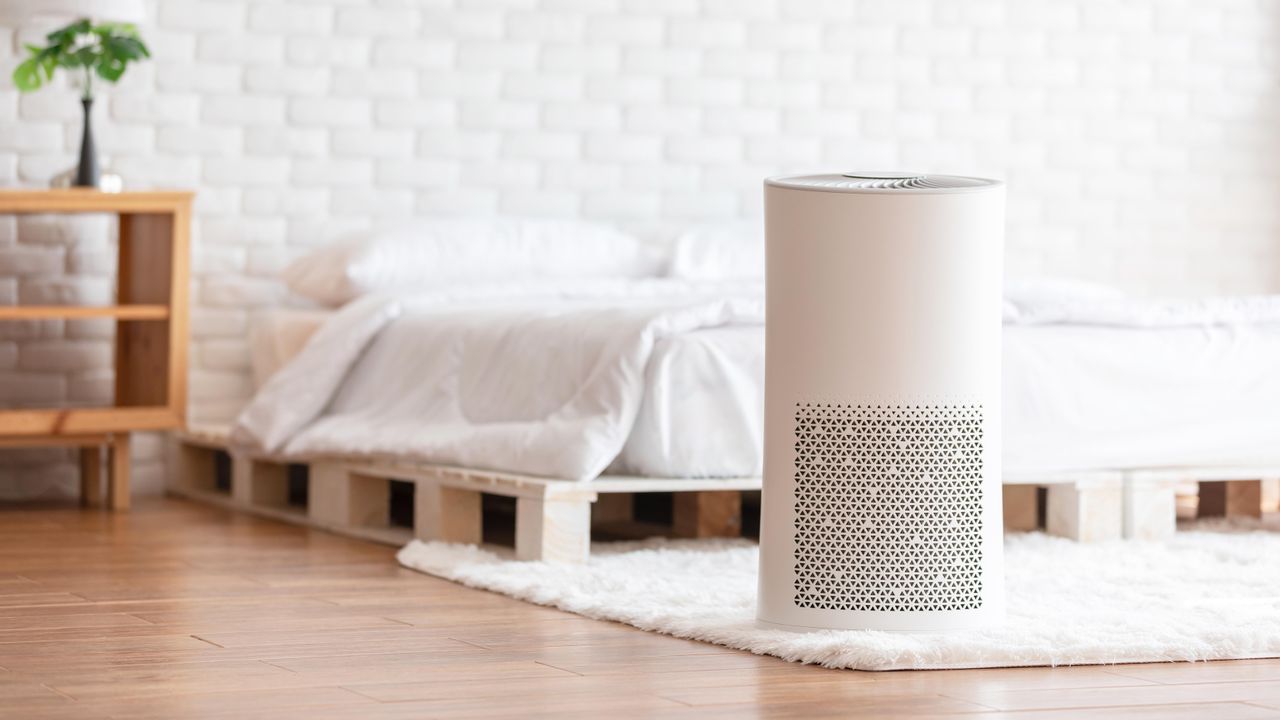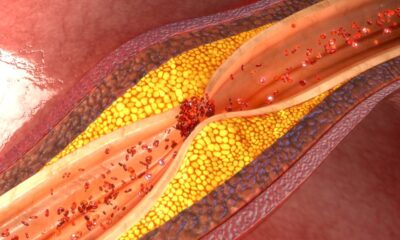Health
Air Purifiers Linked to Lower Blood Pressure, Study Reveals

A recent study published in the Journal of the American College of Cardiology indicates that air purifiers outfitted with HEPA air filters may contribute to lower blood pressure in individuals living in areas with high air pollution. This research highlights the potential benefits of enhancing indoor air quality for cardiovascular health.
The investigation involved a cohort of 154 participants, all residing near a highway, where they faced regular exposure to vehicle emissions. Participants were aged 30 years and older, with an average age of 41. Notably, none of the participants had a history of serious cardiovascular events such as heart attacks or strokes, nor were they on blood pressure or anti-inflammatory medications. At the study’s inception, their average blood pressure was measured at 118.8/76.5 mmHg, which is within the normal range as defined by the American Heart Association.
Study Design and Methodology
Over the course of an eight-week period, researchers installed custom-made HealthMate HEPA air purifiers in the bedrooms and living rooms of the participants. During the initial four weeks, participants experienced no air purification. In the subsequent four weeks, half of the group received what was termed ‘sham purification,’ while the other half benefited from actual HEPA filtration. Participants were encouraged to keep their windows and doors closed to optimize air quality, and their blood pressure readings were taken at four intervals throughout the study.
In addition to monitoring blood pressure, participants provided information regarding their exposure to second-hand smoke, stress levels, exercise habits, and general health conditions. The results demonstrated a modest yet significant reduction in systolic blood pressure among those using HEPA filters. Systolic blood pressure, the upper figure in a reading, measures the pressure in the arteries during heartbeats and is considered healthy when below 120 mmHg.
Implications of Findings
The average net reduction in systolic blood pressure for participants using HEPA filters was 3 mmHg. While this study involved a relatively small sample size, it suggests that improving indoor air quality can yield beneficial effects on overall health, particularly for those living in polluted environments.
It is essential for individuals considering air purifiers to select models appropriate for the space they intend to filter. Effective placement and capacity are critical factors in maximizing the health benefits linked to these devices.
This research opens avenues for further exploration into the relationship between air quality and cardiovascular health, emphasizing the importance of addressing environmental factors that contribute to chronic health conditions. As air pollution continues to be a significant public health concern, findings like these underscore the potential value of simple household adjustments in promoting well-being.
-

 Technology4 months ago
Technology4 months agoDiscover the Top 10 Calorie Counting Apps of 2025
-

 Health2 months ago
Health2 months agoBella Hadid Shares Health Update After Treatment for Lyme Disease
-

 Health3 months ago
Health3 months agoErin Bates Shares Recovery Update Following Sepsis Complications
-

 Technology3 weeks ago
Technology3 weeks agoDiscover 2025’s Top GPUs for Exceptional 4K Gaming Performance
-

 Technology2 months ago
Technology2 months agoElectric Moto Influencer Surronster Arrested in Tijuana
-

 Technology4 months ago
Technology4 months agoDiscover How to Reverse Image Search Using ChatGPT Effortlessly
-

 Technology4 months ago
Technology4 months agoMeta Initiates $60B AI Data Center Expansion, Starting in Ohio
-

 Technology4 months ago
Technology4 months agoRecovering a Suspended TikTok Account: A Step-by-Step Guide
-

 Health4 months ago
Health4 months agoTested: Rab Firewall Mountain Jacket Survives Harsh Conditions
-

 Lifestyle4 months ago
Lifestyle4 months agoBelton Family Reunites After Daughter Survives Hill Country Floods
-

 Technology3 months ago
Technology3 months agoUncovering the Top Five Most Challenging Motorcycles to Ride
-

 Technology4 weeks ago
Technology4 weeks agoDiscover the Best Wireless Earbuds for Every Lifestyle





















